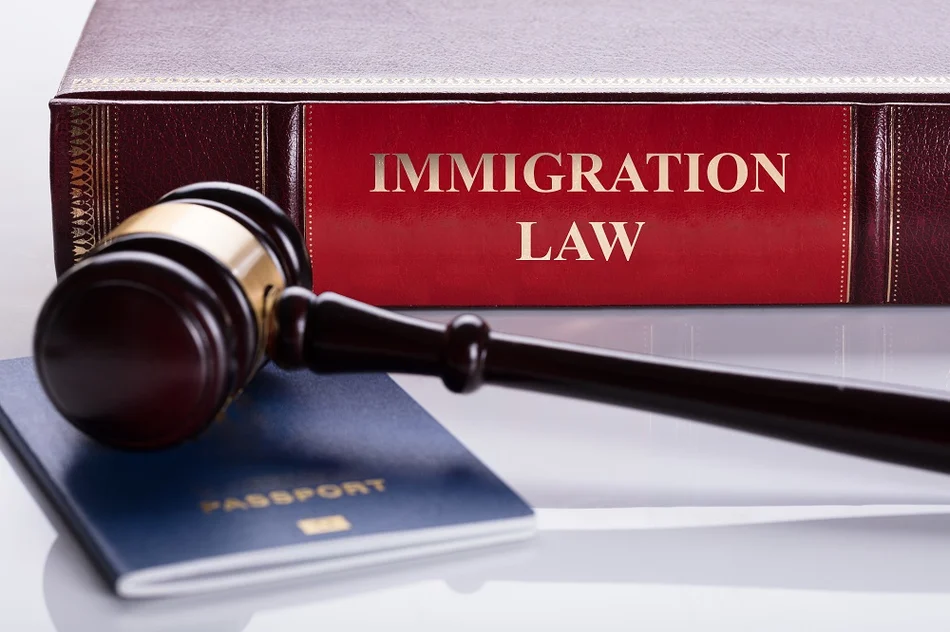Are you aware that your online activities are being monitored and tracked? Internet surveillance has become a widespread practice, raising concerns about privacy and civil liberties in the online world.
As you browse the web, your personal information, browsing history, and online behavior can be collected by various entities, including government agencies, corporations, and cybercriminals.
While surveillance can be justified for security purposes, it also presents potential risks and controversies. Government surveillance programs, such as the NSA’s mass surveillance program, have been accused of violating privacy rights and overstepping legal boundaries.
As an internet user, it is important to understand the implications of internet surveillance and the potential risks to your privacy. In this article, we will explore the controversy surrounding internet surveillance, the potential risks to privacy and civil liberties, and solutions for addressing privacy concerns in the online world.
Understanding Internet Surveillance and Its Implications
You’re probably aware that your online activity is being monitored, but do you really understand the implications of internet surveillance on your privacy?
Internet surveillance refers to the monitoring of online activity carried out by organizations, governments, and corporations. These entities may use various methods to monitor your activity, such as tracking your browsing history, analyzing your online purchases, and monitoring your social media activity.
The implications of internet surveillance are far-reaching. It can lead to the violation of your privacy, as your personal information, including your name, address, and browsing history, can be collected and used for various purposes.
Moreover, internet surveillance can also lead to the suppression of free speech and the stifling of dissenting voices. Therefore, it’s important to be aware of the implications of internet surveillance and take steps to protect your privacy online.
Government Surveillance Programs: The Controversy and Debate
The controversy surrounding government surveillance programs has sparked intense debate and raised important questions about civil liberties and national security.
On one hand, some argue that these programs are necessary for national security purposes and can help prevent terrorist attacks. On the other hand, others believe that these programs are a violation of privacy and can be used to target innocent individuals.
One of the most well-known government surveillance programs is the National Security Agency’s (NSA) bulk collection of phone metadata. This program, which was revealed by Edward Snowden in 2013, collects information on millions of phone calls made by Americans.
Supporters of the program argue that it is necessary for national security purposes, while critics argue that it violates the Fourth Amendment’s protection against unreasonable searches and seizures.
The controversy surrounding government surveillance programs highlights the need for a balance between national security and privacy concerns.
Potential Risks to Privacy and Civil Liberties
Privacy and civil liberties are at risk due to the potential consequences of government surveillance programs. The government’s monitoring of online activities can lead to the invasion of personal privacy, as well as the violation of civil liberties. The government’s access to online data can be used to track people’s movements, monitor their communications, and even collect sensitive personal information without their knowledge or consent.
Moreover, government surveillance programs can lead to the chilling of free speech and the stifling of dissent. People may be hesitant to express their opinions or engage in political activism online for fear of being monitored or targeted by the government. This can have a detrimental effect on democracy and transparency, as citizens are less likely to engage in discourse and debate when they feel that their privacy and civil liberties are under threat.
It’s crucial that steps are taken to address these risks and ensure that online privacy and civil liberties are protected.
Solutions for Addressing Privacy Concerns in the Online World
One way to tackle the issue of online privacy is by implementing measures that allow individuals to control the data they share. This can be achieved through the use of robust privacy settings, such as those offered by social media platforms like Facebook and Twitter. By adjusting these settings, users can limit who can see their posts, photos, and other personal information. Additionally, users can take advantage of tools like ad blockers and anti-tracking software to prevent websites and advertisers from collecting their data without their consent.
Another solution for addressing privacy concerns in the online world is through increased transparency and accountability from companies and governments. This can be done through the implementation of privacy policies that clearly outline the data that is collected, how it is used, and who it is shared with. Furthermore, companies and governments should be held accountable for any breaches of privacy and should be required to provide timely and accurate notifications in the event of a breach.
By implementing these measures, individuals can feel more secure in their online activities and have greater control over their personal information.
Balancing Security and Privacy: The Future of Internet Surveillance
Finding a balance between keeping us safe and preserving our personal rights will be crucial in the future of web monitoring. As technology evolves, so do the threats we face online.
Governments and security agencies may argue that increased surveillance is necessary to prevent terrorism, cyberattacks, and other crimes. However, this has raised concerns about privacy violations and civil rights infringement.
It is important to recognize that both security and privacy are important and necessary. While surveillance can help prevent potential threats, it should not be done at the expense of our civil liberties.
The future of internet surveillance will need to focus on finding ways to protect our safety without compromising our privacy. This can be achieved through the development of better security measures that do not require intrusive surveillance, such as encryption and other privacy-enhancing technologies.
Ultimately, striking the right balance between security and privacy will require a collaborative effort between governments, technology companies, and citizens.
Conclusion
So there you have it – a comprehensive overview of internet surveillance and the privacy concerns that come with it. It’s clear that government surveillance programs have sparked controversy and debate, with potential risks to privacy and civil liberties.
But there are solutions to address these concerns, such as implementing stronger encryption methods and increasing transparency in government surveillance practices. Moving forward, it’s important to strike a balance between security and privacy in the online world.
As technology continues to evolve, it’s crucial that we stay informed and vigilant about protecting our personal data and privacy. By advocating for greater transparency and pushing for stronger privacy laws, we can help ensure that our online activities remain safe and secure.

